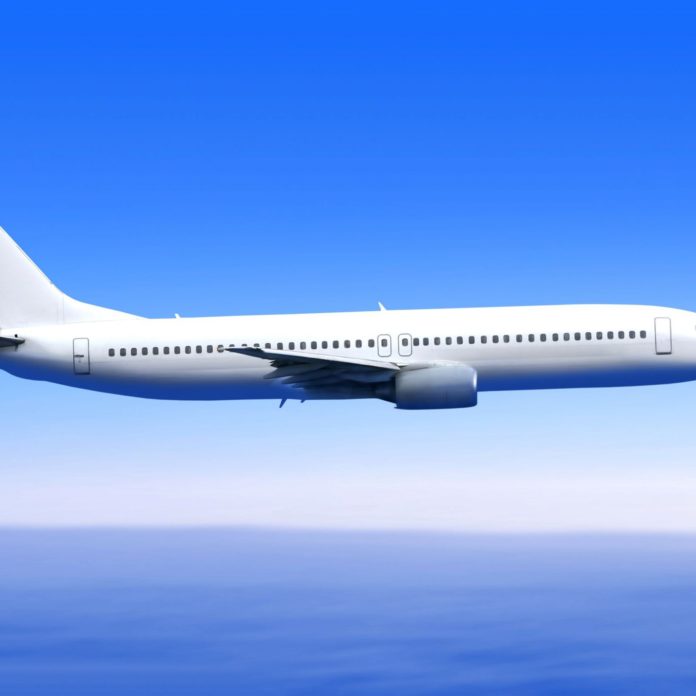Carriers now plan to start C-Band operations on Jan. 19
After putting out a firm statement rejecting requests from the Federal Aviation Administration to further delay activation of C-Band spectrum, AT&T and Verizon have abruptly changed course and agreed to a two-week delay.
Reuters reported that the operators have agreed to hold off on C-Band deployment for two weeks, with a new start date of Jan. 19. The news agency also reported that, according to a Transportation Department letter, the operators also won assurances that they would be able to begin service this month.
This is the second delay that the carriers have agreed to; the first came in December and pushed back C-Band turn-up back 30 days, until January 5th. AT&T and Verizon had agreed to pause their C Band plans following warnings issued by the FAA that new, terrestrial operations in C-Band spectrum could interfere with aviation safety systems. On December 31, a new request was made by the FAA Chief Steve Dickson and U.S. Transportation Secretary Pete Buttigieg, asking to delay the rollout again, for no more than two weeks. This timeframe, the letter stated, would be used to identify “priority” airports and establish alternate methods of compliance.
Stankey and Vestberg responded two days later in a joint letter, saying that while they would refrain from deploying 5G in exclusion zones around airports for six months, they rejected broader limitations on using C-Band spectrum. The letter called the FAA proposal an “unprecedented and unwarranted circumvention of the due process and checks and balances,” and “an irresponsible abdication of the operating control required to deploy world-class and globally competitive communications networks.”
Now, however, the carriers have agreed to that additional two-week pause. Reuters reported that the delay came in the face of pressure from the White House, aviation unions and a threat by airlines to file suit that would have blocked C-Band deployments until the issue was resolved in court.
The FAA is specifically concerned about the possibility that wireless broadband operations could lead to aviation safety equipment malfunction, particularly during low-altitude flight operations.
In a letter from U.S. Secretary of Transportation Pete Buttigieg dated yesterday, he wrote that the carriers’ “voluntary agreement both to delay initial deployment by two weeks, and to subsequently adopt some additional mitigations, will give us additional time and space to reduce the impacts to commercial flights.
“We are confident that your voluntary steps will support the safe coexistence of 5G C-Band deployment and aviation activities, helping to retain America’s economic strength and leadership role around the world,” Buttigieg wrote.
AT&T issued a statement saying, “At Secretary Buttigieg’s request, we have voluntarily agreed to one additional two-week delay of our deployment of C-Band 5G services. We also remain committed to the six-month protection zone mitigations we outlined in our letter. We know aviation safety and 5G can co-exist and we are confident further collaboration and technical assessment will allay any issues.”
“We’ve agreed to a two-week delay which promises the certainty of bringing this nation our game-changing 5G network in January, delivered over America’s best and most reliable wireless network,” said Verizon spokesman Rich Young.
Reuters also cited an email from Verizon CEO Hans Vestberg to employees which said that the company sees no aviation safety issue with 5G, but said the FAA “intended to disrupt an already difficult time for air travel if we move ahead with our planned activation… We felt that it was the right thing to do for the flying public, which includes our customers and all of us, to give the FAA a little time to work out its issues with the aviation community.”
FCC Chairman Jessica Rosenworcel issued a statement on the new agreement, saying, “Last night’s agreement provides the framework and the certainty needed to achieve our shared goal of deploying 5G swiftly while ensuring air safety. It was made possible by the FCC, DOT, FAA, the wireless companies, and the aviation industry working together to share data, bring together technical experts, and collaborate in good faith to ensure the coexistence of wireless and aviation technologies.”

